Iran president: People of Ukraine falling victim to evil policies of US
Iran’s President Ebrahim Raeisi says the people of Ukraine have fallen victim to the United States’ evil policies, reiterating the Islamic Republic’s opposition to war.
Raeisi made the remarks in a Sunday address at a cabinet meeting, during which he touched on a host of issues, including regional developments and the ongoing military conflict in Ukraine.
“The people of Ukraine, like the people of Afghanistan, Yemen and Iraq, have fallen victim to the United States’ evil policies,” Iran’s president said.
Raeisi added, “As declared by Leader [of the Islamic Revolution Ayatollah Seyyed Ali Khamenei], the Islamic Republic of Iran is definitively opposed to war and the sooner this war ends, it will be to benefit of the region and nations and it will do less harm to and cause less problems for people.”
Speaking in a televised speech on Tuesday, Ayatollah Khamenei blamed the American regime for the current Ukraine crisis, and demanded an end to the war in Ukraine, saying the Islamic Republic of Iran has always opposed war and destruction anywhere in the world.
“The US disrupted the stability of the country by interfering in its affairs and organizing rallies and creating a color coup,” he said, adding, “We oppose the killing of people and the destruction of the infrastructure of nations.”
On February 24, Russian President Vladimir Putin announced a "special military operation" aimed at “demilitarization” of the Donetsk and Lugansk republics in eastern Ukraine, collectively known as the Donbass.
The regions broke away from Ukraine in 2014 after refusing to recognize a Western-backed Ukrainian government that had overthrown a democratically-elected Russia-friendly administration.
Announcing the operation, Putin said the mission was aimed at “defending people who for eight years are suffering persecution and genocide by the Kiev regime.”
The conflict has provoked a unanimous response from the US and allies, imposing a long list of sanctions on Moscow.
Russia and Ukraine held the second round of talks in Belarus for a way out of the conflict on Friday. A third round of talks is expected to take place on Monday.
Iran administration does not tie any moves to Vienna talks, JCPOA
Elsewhere in his remarks, Raeisi outlined the latest developments regarding the ongoing talks with the P4+1 group of countries in the Austrian capital of Vienna aimed at securing a revival of the 2015 Iran deal, officially known as the Joint Comprehensive Plan of Action, and the removal of sanctions imposed on Tehran after Washington's unilateral withdrawal from the landmark agreement.
"[Iran's] Ministry of Foreign Affairs and the negotiating team are pursuing the negotiations with diligence, but the administration does not and will not tie any [of its] moves to the talks and the JCPOA," the president said.
He added that the JCPOA does not constitute the entire foreign policy of Iran but is one of its subjects.
Raeisi added that the secret of his administration's success over the last six months was that it "vigorously pursued all matters, including issues related to foreign policy, the banking system and oil [sales], and did not make any of them conditional on the JCPOA or a possible agreement in the Vienna talks."
The US unilaterally left the JCPOA in 2018 and restored the sanctions that had been lifted under the accord. Washington’s European allies in the deal—France, Germany, and the United Kingdom—have been toeing the sanctions line closely by ending their trade activities with Iran.
The Vienna talks began last April between Iran and the remaining parties to the JCPOA on the assumption that the US, under the Joe Biden administration, is willing to repeal the so-called maximum pressure policy pursued by former president, Donald Trump, against Tehran.
Iran says it won’t settle for anything less than the removal of all US sanctions in a verifiable manner. It also wants guarantees that Washington would not abandon the agreement again.
In a phone call with European Union's foreign policy chief, Josep Borrell, on Friday, Iranian Foreign Minister Hossein Amir-Abdollahian said the Western side’s hurriedness to reach an agreement via the Vienna negotiations will not make Tehran turn a blind eye to its red lines.
“We are ready to immediately finalize a good agreement,” he said, adding, “But the Western side’s rush and haste cannot prevent Iran’s red lines from being observed.”
VIDEO | Israel's brutal treatment of disabled Palestinian detainees: The case of Ali Hanoun
Iran signs $2.5 billion deals with domestic firms to boost oil production
Iran displays naval power, slams threats during BRICS Plus drills
China reaffirms support for Iran, Saudi minister calls for diplomacy
VIDEO | Press TV's news headlines
Two-year old girl shot by foreign-backed rioters dies in northeast Iran
Iran calls out US, Israeli roles in Daesh-like violence of rioters
Washington finalizes $500 million Venezuelan oil sale after illegal military intervention


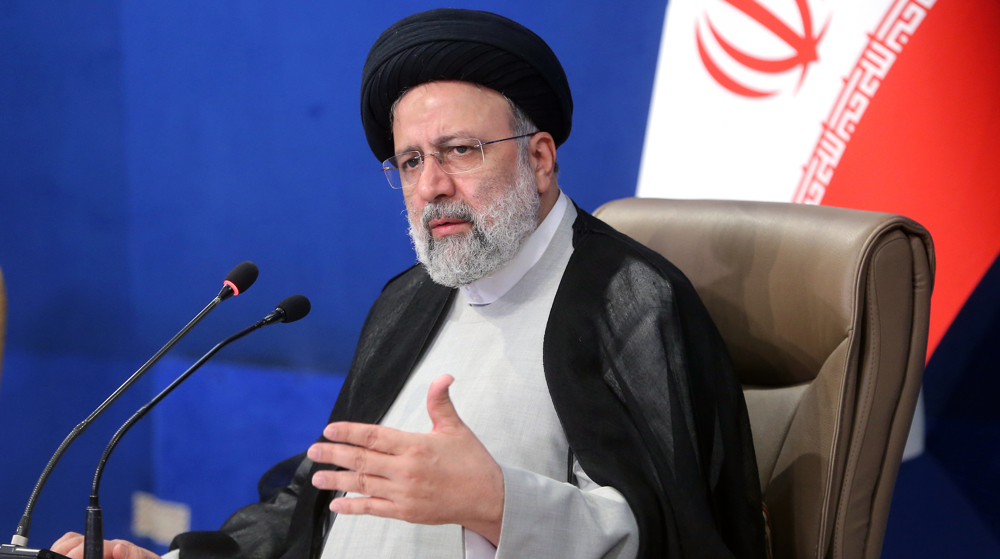
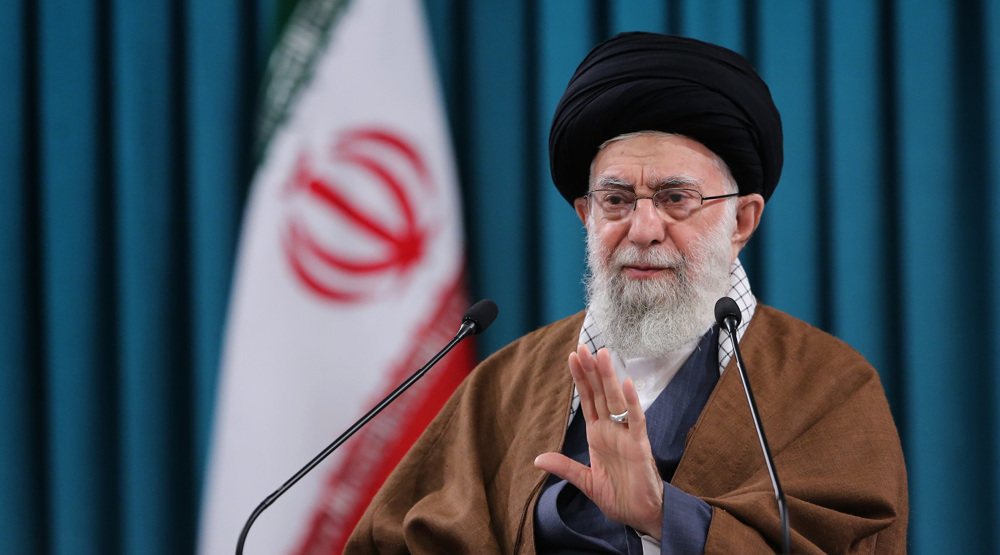
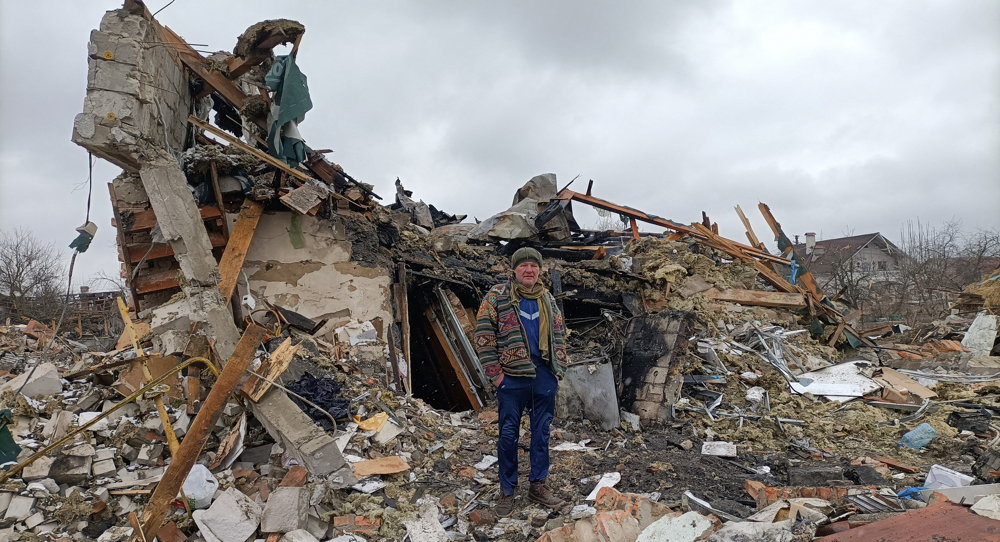
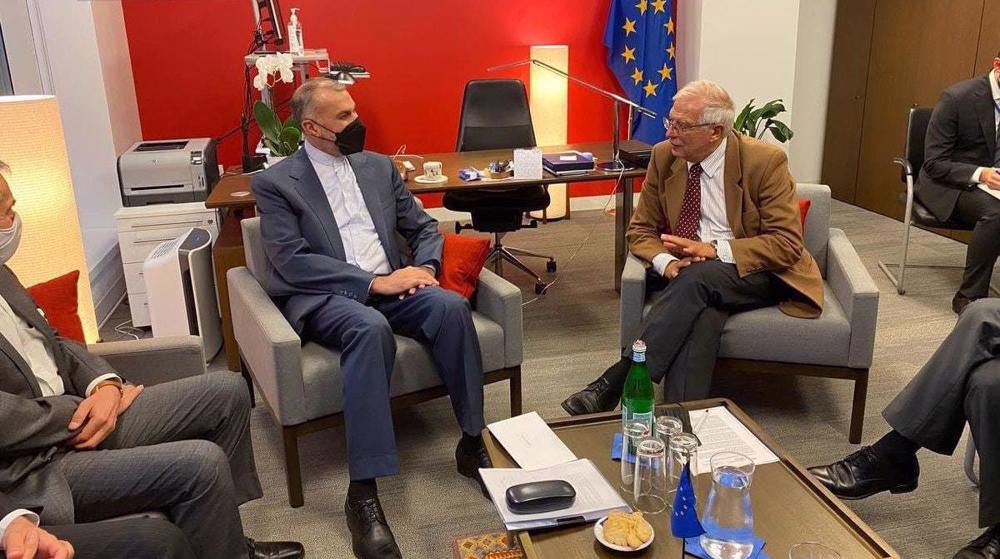
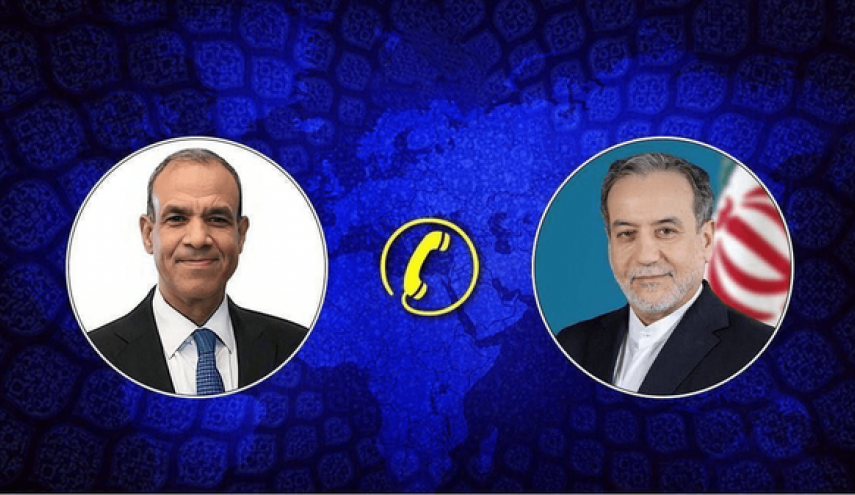
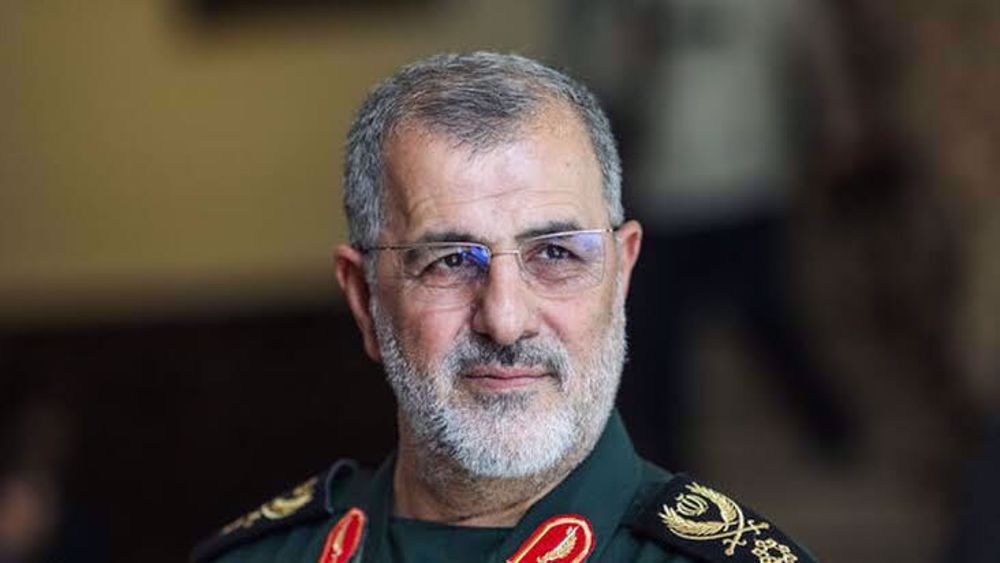
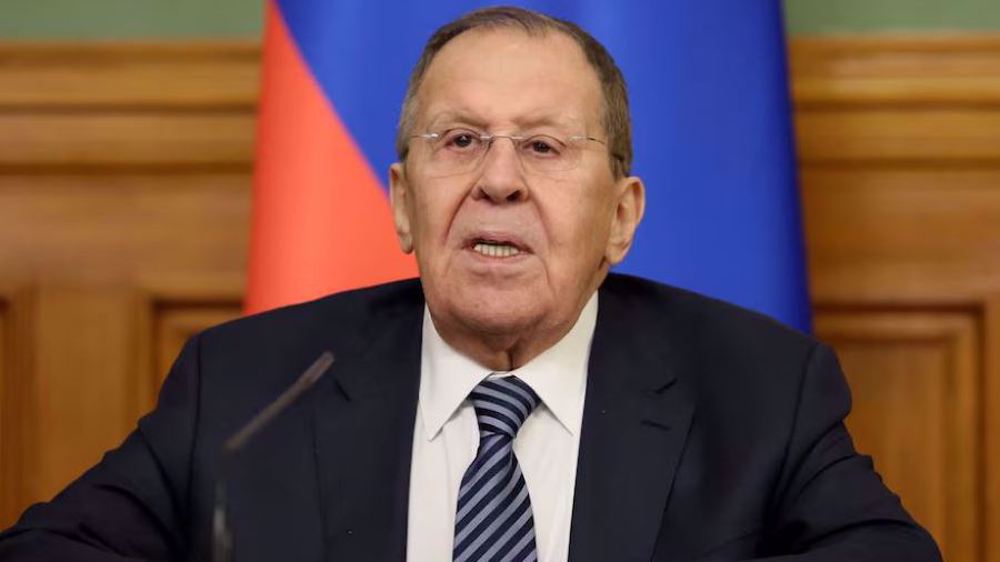




 This makes it easy to access the Press TV website
This makes it easy to access the Press TV website